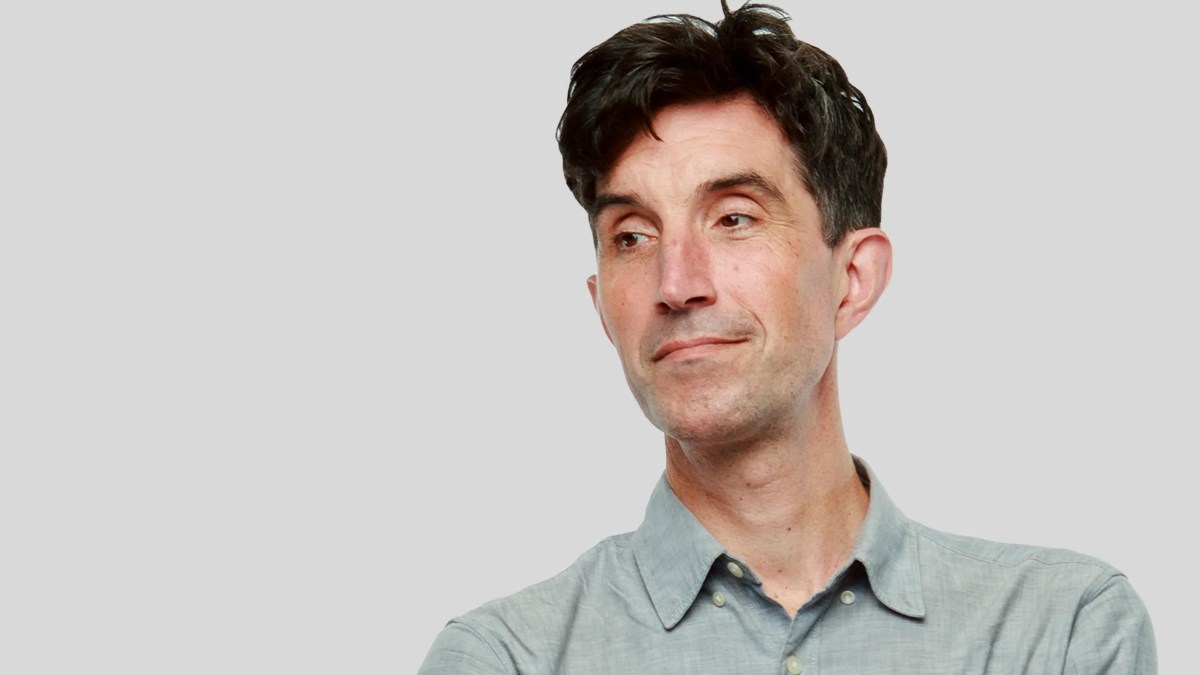World
Fitness Trends Spark Debate on Body Image and Health Perceptions

The ongoing conversation about body image and health has taken a sharp turn, with many individuals expressing concerns over societal standards and personal self-perception. Recent comments on social media have highlighted a growing frustration with the pressure to conform to specific body ideals, particularly with the rise of weight loss drugs like Ozempic. This has stirred vibrant discussions about health, wellness, and the impact of public expectations.
Critics of the current fitness culture have voiced their discontent regarding the portrayal of bodies in the media and online. Some individuals have openly stated their reluctance to expose their bodies, particularly in summer settings, where the expectation to be “beach body ready” is often emphasized. This sentiment resonates with many who feel that their bodies do not fit within the narrow confines of current beauty standards.
Social media platforms have become a battleground for these discussions, with numerous users sharing their experiences and perspectives on body image. The phrase “I am not beach body ready” has become a rallying cry for those who challenge the stigma attached to body size and shape. The reference to Ozempic, a medication that has gained popularity for weight management, underscores the ongoing dialogue about the lengths individuals may go to achieve societal approval.
Public Reactions to Body Image Standards
The backlash against traditional beauty norms has prompted a re-evaluation of what constitutes a healthy body. Many advocates argue that health should not solely be defined by appearance but rather by a holistic approach that includes mental and emotional well-being. This perspective encourages individuals to prioritize self-acceptance and body positivity rather than striving for an often unattainable ideal.
Public figures and influencers have also contributed to the conversation, using their platforms to promote diverse body types and challenge the notion of the “perfect” body. The growing visibility of body diversity in media is a step toward fostering a more inclusive dialogue about health and aesthetics.
Despite this progress, the issue remains complex, with differing opinions about the impact of medications like Ozempic on body image and health perceptions. While some celebrate the advancements in medical science that allow for weight loss, others caution against reducing health to a single narrative focused solely on physical appearance.
The Way Forward: Embracing Diversity in Health Definitions
As discussions continue, it is essential for society to embrace a broader understanding of health that includes various body types and frames of reference. Initiatives that promote body diversity and challenge conventional beauty standards can help reshape public consciousness.
Organizations dedicated to mental health and body positivity are advocating for more comprehensive health narratives that honor individual experiences and emphasize well-being over aesthetics. This shift is critical in building a healthier relationship with our bodies and fostering a culture that celebrates diversity in all its forms.
As the summer months approach, it remains to be seen how these conversations will evolve and what impact they will have on public attitudes toward body image and health. The dialogue surrounding Ozempic and similar medications continues to spark interest, compelling society to confront the complexities of health, wellness, and individual choice in an increasingly image-conscious world.
-

 World1 day ago
World1 day agoCoronation Street’s Shocking Murder Twist Reveals Family Secrets
-

 Entertainment4 months ago
Entertainment4 months agoKate Garraway Sells £2 Million Home Amid Financial Struggles
-

 Entertainment3 months ago
Entertainment3 months agoAnn Ming Reflects on ITV’s ‘I Fought the Law’ Drama
-

 Health3 months ago
Health3 months agoKatie Price Faces New Health Concerns After Cancer Symptoms Resurface
-

 Entertainment3 weeks ago
Entertainment3 weeks agoCoronation Street Fans React as Todd Faces Heartbreaking Choice
-

 World3 weeks ago
World3 weeks agoBailey Announces Heartbreaking Split from Rebecca After Reunion
-

 World4 days ago
World4 days agoKevin Sinfield Exceeds Fundraising Goal Ahead of Final Marathons
-

 Entertainment3 months ago
Entertainment3 months agoCoronation Street’s Carl Webster Faces Trouble with New Affairs
-

 Entertainment4 days ago
Entertainment4 days agoTwo Stars Evicted from I’m A Celebrity Just Days Before Finale
-

 Entertainment3 months ago
Entertainment3 months agoWhere is Tinder Swindler Simon Leviev? Latest Updates Revealed
-

 Entertainment4 months ago
Entertainment4 months agoMarkiplier Addresses AI Controversy During Livestream Response
-

 Science2 months ago
Science2 months agoBrian Cox Addresses Claims of Alien Probe in 3I/ATLAS Discovery





















